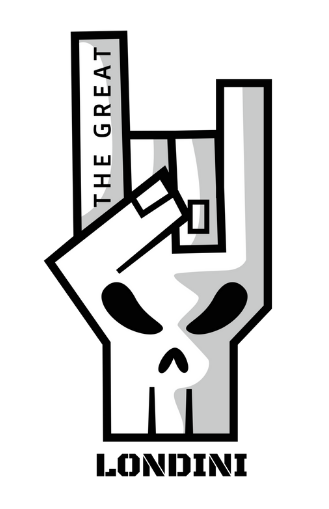What is VAWA?
Native American and Alaska Native women are two to three times more likely than women of any other race to experience violence, stalking or sexual assault, according to the Department of Justice. More than 4 out of 5 Indigenous women reported they had been the victim of violence, and 96 percent of them described their attacker as non-Native American, according to a 2016 National Institute of Justice report. (1)
Allow me to illustrate what that looks like. I am a white woman and I am in a room with a Native American woman. Three men with a history of rape or sexual assault enter the room either together or individually, doesn’t matter. She and I have no protection. The Native American woman is more likely than I am to be assaulted, while I am left alone. This is the ugly truth. But why?
These high numbers result from the US government stripping tribal nations of their authority, followed by a “complex jurisdictional maze” that, depending on whether the survivor and perpetrator are Native and the location and severity of the crime, could place responsibility in the hands of tribal, state or federal authorities. In other words, Tribal authorities do not have absolute jurisdiction to prosecute non-native offenders of a native victim, especially when the crime has happened on Tribal lands. It is unclear how many non- native individuals live or work on Tribal lands or are married to Native women that contribute to these crimes, but they are among the numbers.
Enter VAWA. The Violence Against Women Act was first enacted in 1994 and is administered by the U.S. Departments of Justice (DOJ) and Health and Human Services (HHS), is meant to improve federal, state, and local responses to these crimes. But VAWA would need to undergo extensive reauthorizations over the coming years. Not until VAWA 2000 and 2005 (reauthorizations) did we see any clear language addressing the disconnect between Tribal authorities and their ability to take on these crimes appropriately.
As of the 2022 reauthorization, crimes included currently cover:
Assault of Tribal justice personnel;
Child violence;
Dating violence;
Domestic violence;
Obstruction of justice;
Sexual violence;
Sex trafficking;
Stalking; and
Criminal violations of protection orders
This particular reauthorization was critical for bringing more protections and justice to Alaska Native women. The VAWA 2022 reauthorization is good until it’s next review in 2027. When the time comes, four years from now, please remember that your voices and concerns count. Speak up for continued progressive change in the justice system for women.
Written By: Alice.in.Londini.land

